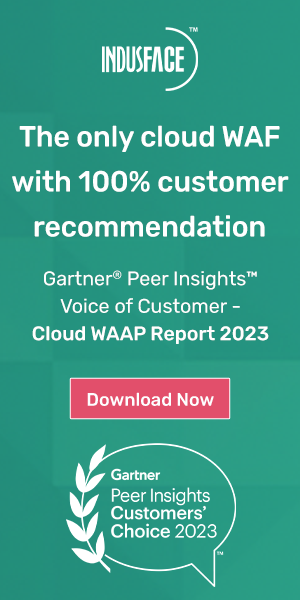Public records are kept openly accessible for a reason: they provide essential information for general public use. This is all fine as long as they’re accessed on reasonable grounds. But today, they have become a source of data for various unintended activities, often endangering the privacy of innocent citizens.
So, let’s take a look at what’s classified as public records and how they could put you at risk. We’ll also share some essential tips for removing public records to prevent unrestricted access and ensure your privacy.
Types of public records
Let’s first understand what a public record is. In simple terms, it’s any type of document that the law says should be available for anyone to access. Usually, it’s a government-issued record, such as a birth certificate, death certificate, or marriage certificate. Other public material types can include details about your driver’s license, property records, professional licenses, voter registration details, immigration records, and court records.
Now, each state will have its own rules about what information is available for the public to access and how easily they can retrieve it. Some might be available for free, while others might require personal details of the individual making the request. States like California even allow state agencies to charge a fee to cover costs related to processing the request.
So, if you’re curious about which information comes under public records in your state and how easily they could be retrieved, it’s best to reach out to your local government agencies.
Risks of public accessibility
Unlike in the old days, unfettered access to certain information can land you in unimaginable trouble in today’s digitally connected world. But what kind of trouble? Let’s take a look.
Breached privacy
When anyone can find out where you live or your date of birth, you can pretty much say goodbye to any sense of privacy. And losing control of your private life won’t be a pleasant feeling.
That’s the outcome when data aggregators and inquisitive individuals get hold of your public records. Aggregators, in particular, will not just access public information. They’ll even share what they find, typically in exchange for money. For example, people search sites will sell your profile to anyone interested. All this sharing can trigger an infinite chain of data intrusions.
Identity theft
An identity breach is one of the worst consequences of internet-age data sharing. A few critical pieces of information like your full name, date of birth, and social security number might be all that a criminal needs to hijack your identity. And the repercussions could be irreversible.
Safety threats
The internet is fraught with malicious actors with twisted motives. And there’s much they could do with your public records. For instance, they could target you for a doxxing attack or even stalking. So, unknown to you, public records could severely jeopardize your personal safety.
Essential removal tips to minimize public data exposure
Here’s how you can get government-issued records removed from public access.
1. Understand what’s publicly available.
Before anything else, you need to understand which of your information is currently on public domains. So, identify key government agencies that issue such records, like the county clerk and the Department of Motor Vehicles. Then, reach out to them and ask permission to access various records they hold. It will give you an idea of what’s readily available and how easily someone can access them.
Next, run a Google search of your name and address and check what turns up. It’s also essential to run a name search on people search sites to get an idea about what type of public records they currently hold. This exercise is crucial to identify the amount of personally identifiable and possibly damaging data in public domains. Remember, if you can access them, so can everyone else.
2. Understand your state’s data removal guidelines.
Now, there’s little chance your local state agencies will remove public records without a good enough reason. But it’s still worth speaking to them to understand whether you fall under one of their data removal criteria.
Reach out to them and discuss what options are available. Even if they can’t help remove your records, they might still advise you on avoiding public accessibility for new records created in the future.
3. Reach out to people search sites.
When it comes to accessing someone’s personal information, most people turn to data aggregators, not state agencies. It’s because these businesses collate data from various public records and produce more comprehensive reports on individuals. This eliminates the hassles of contacting multiple government agencies, submitting requests, and sifting through lengthy documents.
So, needless to say, people search sites are an important secondary source of public records, and removing your data from their databases is crucial to achieving privacy. But, of course, many of these businesses acknowledge your right to privacy and provide options to opt out.
4. Sign up for a data removal service.
Data removal services have grown in popularity in recent years for several reasons: reaching out to people search sites and other data aggregators and following up could be exhausting. And liaising with some of them might be near impossible. Besides, there are many data aggregators today, and their data removal policies are not always straightforward. After all, they make money from your data. So, they can often make the data deletion process cumbersome to put you off.
But data removal services understand all these very well. And they’ve mastered the art of wiping out online data. So, for a fee, they offer their services to bring you more digital privacy.
If you’re alarmed by the potential risks of public data accessibility, take action today to create a safer environment for your data. Of course, many of these threats have risen not from the records themselves but rather from sharing and aggregating practices. But with adequate measures, achieving privacy is very much a possibility.








